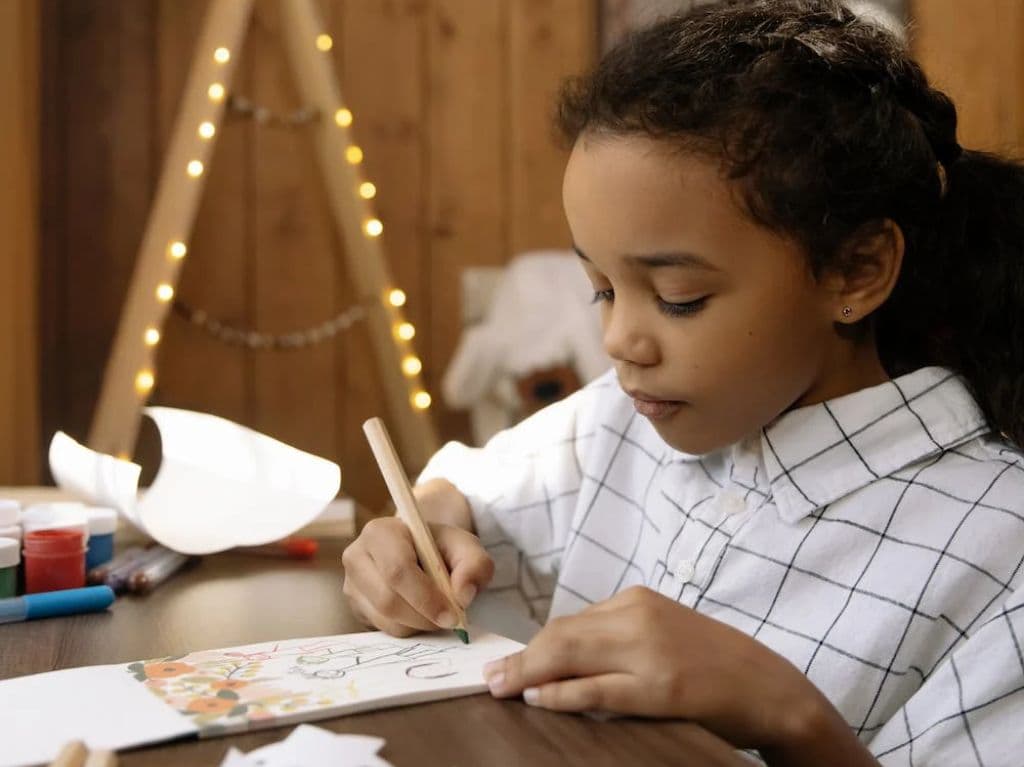Sending your child off to camp is a momentous occasion filled with excitement and anticipation, but it can also be a hard period for both parents and children that are not used to the distance and time away from home. While your child embarks on a journey of adventure and growth, maintaining open and supportive communication becomes paramount. Here are valuable tips to ensure that you stay connected with your child during their time at camp.
Establish Communication Expectations
Before your child leaves for camp, discuss their expectations with them. Let them know how often you plan to communicate, whether it's through letters, emails, or scheduled phone calls. Setting clear expectations helps both you and your child feel more connected and reassured. It is also important to make sure that your child feels comfortable with the communication plan.
While communication is crucial, also respect your child's need for independence. Avoid overwhelming them with excessive messages or requests for updates. Let them enjoy the camp experience without feeling pressured to constantly check in.
Thoughtful Letters
There is something magical about receiving a handwritten letter that can brighten a camper's day. Take the time to share updates about home, express your love and encouragement, and ask specific questions about their camp experiences. Personalized letters create a tangible connection and serve as cherished keepsakes, and they open a communication channel so that your kid can answer your questions and tell you about their time at camp.
Make it easy for your child to reply by including pre-addressed and stamped envelopes in their belongings. This thoughtful gesture encourages them to share their experiences with you without the added hassle of finding stationery and stamps. Occasionally, you can surprise your child with a care package included in the letter, including their favorite snacks, small toys, or comforting items from home. It's a tangible way to show your love and provides a delightful and unexpected connection to home.

Utilize Technology Wisely
If the camp allows it, leverage technology for communication. Send quick emails, share photos, or use video calls to bridge the distance; however, don’t do it too much, so the camper gets some off-screen time and isn’t worried about checking their mobile device. Be mindful of the camp's communication policy and ensure that your use of technology aligns with the camp's guidelines, some camps work with a phone free environment, so it’s better to stay in touch by letters.
Be Supportive in Challenges
Camp can present challenges, and your child might face moments of homesickness or uncertainty. Before they leave, make sure to open an honest conversation in which they share their worries and fears of going to summer camp. When you communicate, ask them about these, acknowledge their feelings, offer words of support, and remind them of their resilience and celebrate their achievements.
Reassure them that it's okay to feel a mix of emotions during their time away but that summer camp is a place to have fun, disconnect and discover new things. Recognize their efforts in trying new activities, making friends, or overcoming challenges. Positive reinforcement boosts their confidence and reinstates a sense of accomplishment.
Communicating with your child at camp is a balance between offering support, getting involved in their experience and allowing them the space to immerse themselves in the adventure and foster their independence. Remember to always be positive in your communication, so that your child can feel safe that everything is okay back home and they can enjoy their holiday without worries.
These tips aim to strengthen your connection with your child, fostering a sense of security, and ensuring that their camp memories are enriched by a communication filled with love and support from afar. Remember, each child's camp experience is unique, so be open to what they want to communicate and how often they want to do it, also adapting to the specific guidelines of the camp they are attending.
